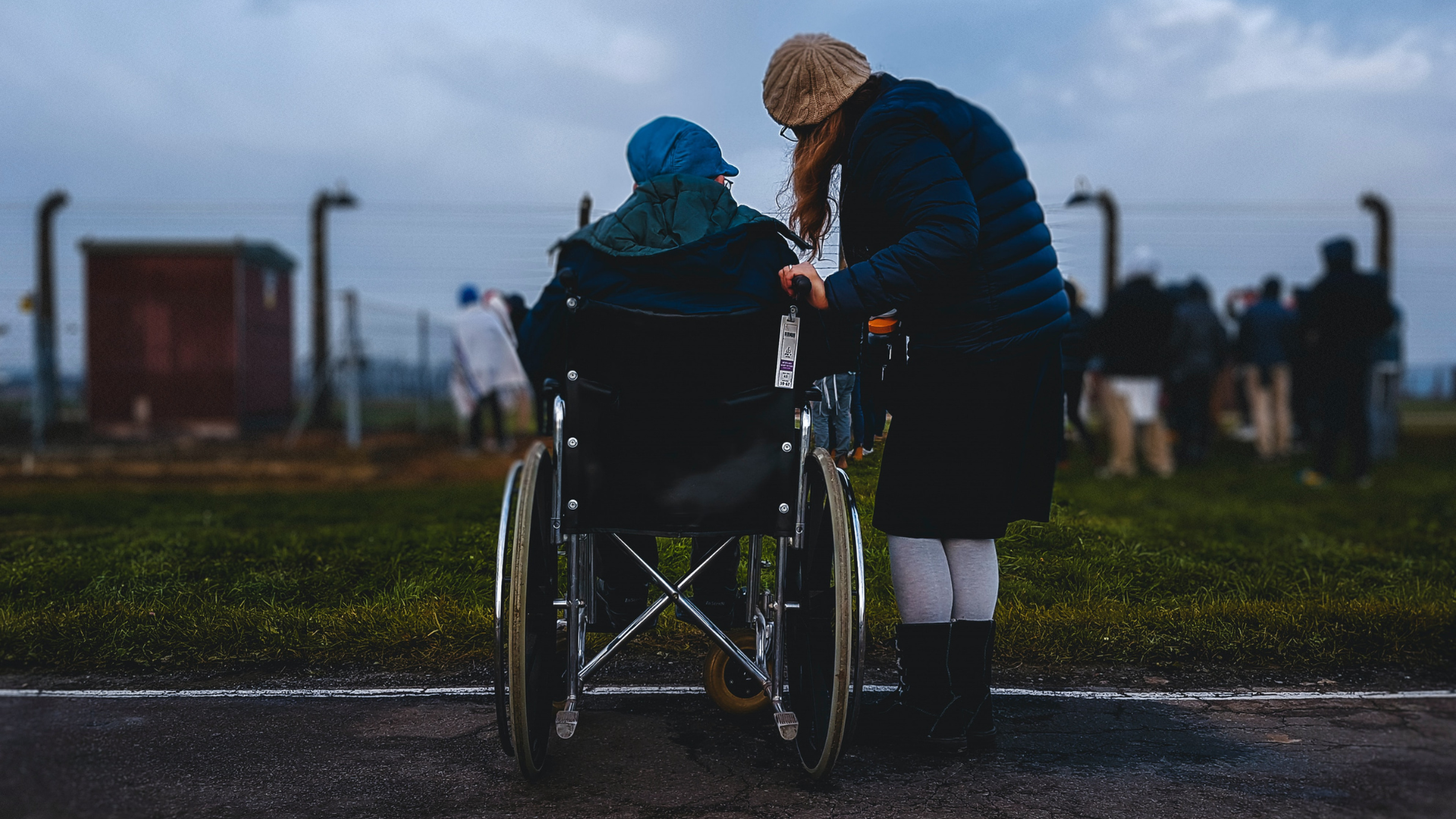“It is nothing new for our issues to be sidelined.” Speaking on the state of the party manifestos regarding social care, activist and author Ellen Clifford succinctly summarised how most disabled people across the country felt as party manifestos were unveiled.
“Given the terrible state of social care support in England, with chronic under-funding and a sector on the brink of collapse, the party manifestos are notably weak in this area,” Ellen explained. The social care crisis should be a national emergency, with its dangerous consequences putting at least 10 million disabled people of all ages and backgrounds at risk.
The statistics are stark and speak for themselves. In September 2022, the Care and Support Alliance estimated that 2.6 million people aged 50 and above were living with some unmet need for care in England, with the numbers only growing yearly. Kings Fund research has found that most younger adults’ requests for support do not translate into access to local authority-funded care. Around 35% of requests for support by younger adults result in no service provided (compared with around 25% for older people).
- Disabled people ‘risk losing right to take part in society’ with social care ‘on its knees’
- Care worker faced homelessness as low pay left her with ‘nothing’ to fall back on
With such a stark problem, cutting across age groups, you’d have thought politicians would rush to propose radical solutions. However, when they have been given a chance to propose answers in their manifestos, the major parties instead are risking “exacerbating” the situation by not planning to make a crucial change: ending social care charging. Ellen argues: “Disabled people’s […] quality of life has steadily deteriorated in line with social care cuts and social care charging rises over the past 14 years.”
“Many of the wider public believe social care in England is free, like the NHS. Historically, this has held back reform,” Ellen told me, as neither Labour nor the Conservative manifesto have written manifestos that would rebalance this dire situation by finally making social care free at the point of use. And Claire Glasman, disability rights campaigner and a founder member and co-ordinator of multi-racial grassroots organisation WinVisible (Women with Visible & Invisible Disabilities), agrees: “Labour and Tory alike pledge billions more for military spending and nuclear submarines, but don’t prioritise funding for independent living and support for mothers and children to keep families together in the community.”
At the end of the day, no matter who we are, we all want to live safely in our local community and be connected to our friends and family support networks, but our current system is massively failing in this regard – with the country’s largest union, Unison, warning that local authorities might not be able to offer disabled people the “legal minimum of care” as soon as next year. Clearly, significant investment and an end to care charging are needed for us to progress toward this system that allows us to flourish and live independently.









